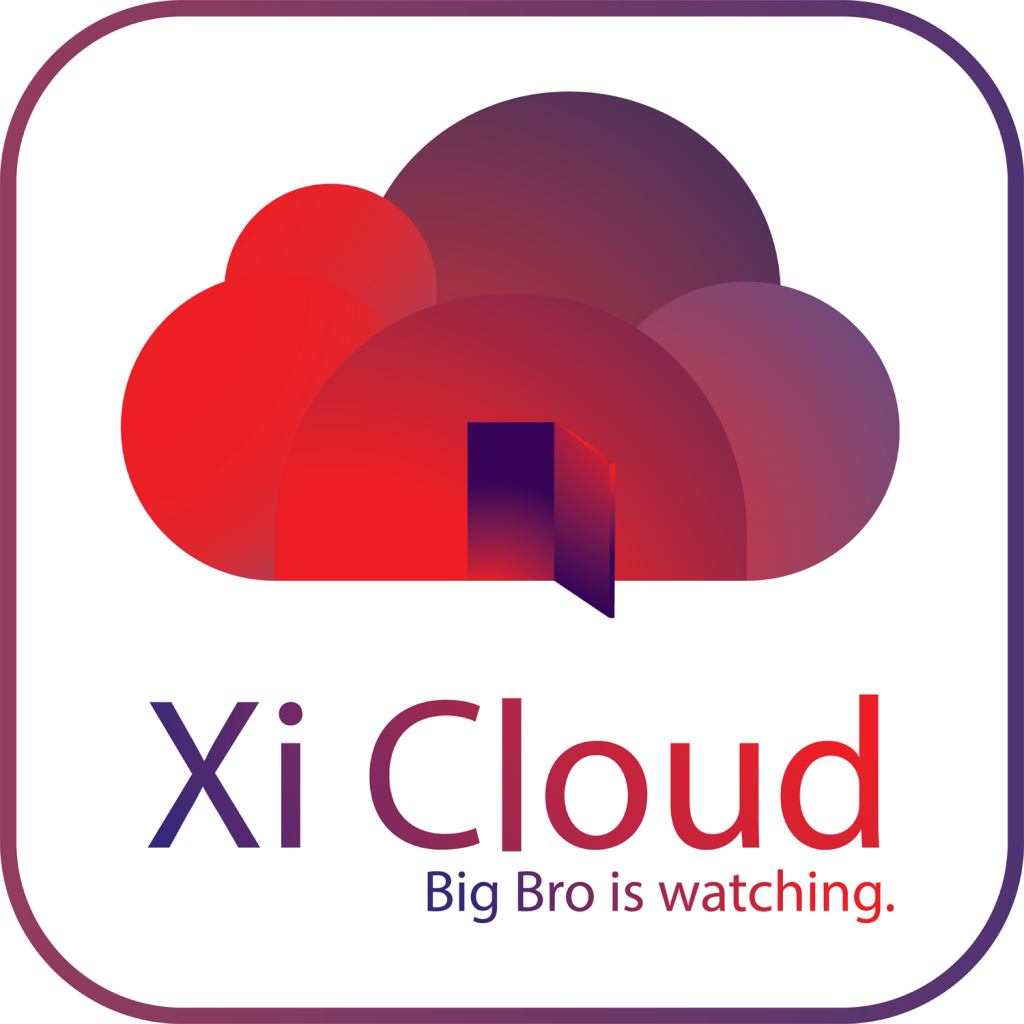Apple has announced that its iCloud services in China will be operated by a state-owned firm in Guizhou beginning next month in order to comply with cloud computing rules in the new cybersecurity law, which was passed last summer. The move has raised concerns that it will allow government authorities unfettered access to the personal data of iCloud users in China, which will be stored in Guizhou as of February 28. The BBC reports:
The firm, Guizhou on the Cloud Big Data (GCBD), is owned by the Guizhou provincial government in southern China.
Guizhou is where Apple opened a $1bn (£738m) data centre last year to meet the regulations.
iCloud data will be transferred from 28 February, Apple said. Customers living in mainland China who did not want to use iCloud operated by GCBD were given the option to terminate their account.
[…] Apple said the “partnership” with GCBD would allow it to “improve the speed and reliability of our iCloud services products while also complying with newly passed regulations that cloud services be operated by Chinese companies”.
It added that Apple had “strong data privacy and security protections in place and no backdoors will be created into any of our systems”.
However, some on social media have said the step gives Beijing more opportunity to monitor its citizens and others living in the country. [Source]
Alt title: Apple hands over to the Chinese government all the private data of its China-based users. https://t.co/jcXGrJkGG4
— Nicholas Bequelin (@bequelin) January 10, 2018
CDT cartoonist Badiucao suggests a new logo for the new arrangement:
The announcement follow a series of controversies for Apple in China, including Tim Cook’s presence at the fourth annual World Internet Conference last year, and outrage over Apple removing virtual private network applications from its Chinese App Store amid a crackdown on VPN services.
More from The Wall Street Journal’s Yoko Kubota, who situates this into China’s tightening oversight on cloud computing and notes other recent cases of Apple acquiescing to Beijing’s demands:
With the handover, photos, documents and messages uploaded by Apple users throughout China will be stored at a data center in the southwest province of Guizhou operated by the local partner, Guizhou-Cloud Big Data Industry Co., Ltd.
[…] China has tightened its cloud-computing oversight, saying it needs to ensure the privacy of its citizens’ data. Late last year, to comply with the new rules, Amazon Inc.’s Amazon Web Services unit sold computing equipment used for its cloud services in China to its local partner.
Apple announced its plans to transfer the cloud data to its Guizhou partner last summer. This week’s announcement, first reported by People’s Daily, set the date and other details.
Last year, following Beijing’s requests, Apple shut down hundreds of virtual private network apps, or VPNs, that allow users to access blocked websites. Apple chief executive officer Tim Cook defended that action at a business forum last month in Guangzhou, saying Apple needs to abide by Chinese laws so it can participate in the market and not be a bystander. [Source]
At Quartz, Josh Horwitz notes a disclaimer in the new “Terms and Conditions” for China-based users informing them that both Apple and state-run GCBD will have access to all iCloud-stored data, highlights the specific relevant privacy concerns, and situates the move into a chilling Sino-U.S. business environment:
A quick comparison between the new and old Terms and Conditions for iCloud in China reveals they don’t differ much, except for the addition of one paragraph. It reads:
If you understand and agree, Apple and GCBD have the right to access your data stored on its servers. This includes permission sharing, exchange, and disclosure of all user data (including content) according to the application of the law.
[…] That creates logistical issues for foreign companies as well as issues regarding user privacy and surveillance. The Chinese government and its domestic companies have an established track record (paywalls) of taking data shared on social media—including private chats—and punishing individuals for spreading information critical of the party. GCBD’s ties to the state only reduce the discretion Apple would have should a government body demand it hand over iCloud user data.
[…] Apple’s notification comes amid a chill between the US and China. Last week Alibaba payments affiliate Ant Financial confirmed that its attempt to acquire US-based remittance company MoneyGram had fizzled, due to regulatory concerns from Washington DC. The Wall Street Journal reported that Shenzhen phone maker Huawei’s deal with AT&T to sell its devices faltered for similar reasons (paywall).
With so much of its business—both in sales and manufacturing—in China, Apple has stay on Beijing’s good side, lest it risk losing market access. The price, at times, is the privacy of its users. [Source]
As China-based Apple customers weigh concerns about government access to their personal data should they continue using the iCloud service, U.S. lawmakers and security officials are again warning of risks related to Chinese telecoms giant Huawei’s U.S.-based prospects. In 2012, a congressional report “all but barred” Huawei from doing solo business in the U.S. due to espionage risks, and in 2013 U.S. officials warned that Huawei’s thriving business in Africa could turn that continent into “a giant laundromat for Chinese cyber-aggression.” At The Wall Street Journal, Stu Woo, Dan Strumpf, and Betsy Morris report on the U.S. concerns over Huawei partnerships with American firms:
Huawei’s dominance is again stoking fears among Washington security and intelligence experts, who worry major U.S. carriers might be tempted to turn to Huawei.
Last month, members of the Senate and House intelligence committees sent a letter asking the Federal Communications Commission to review any relationship with Huawei and requested that the FCC get briefed on the security concerns raised in 2012. The letter also raised concerns about Huawei’s growing smartphone business, now the world’s No. 3 brand behind Samsung ElectronicsCo. and Apple Inc.
[…] The pressure may have already had an impact. Huawei planned to announce Tuesday at a Las Vegas trade show that it had struck an agreement to sell its smartphones through AT&T Inc. Instead, say people familiar with the matter, AT&T walked away from the deal. It couldn’t be determined why AT&T, the country’s No. 2 carrier by subscribers, changed its mind. […] [Source]
On Twitter, editor of the nationalistic state-affiliated tabloid Global Times looks to AT&T’s decision to warn that Apple stands to lose in the event of a trade war:
.@Huawei-AT&T deal fell through. The US blocked sales of Huawei smartphones on grounds of national security. As iPhone sales are booming in China, the US action is a potential threat to Apple. If a trade war breaks out between China and US, Apple will be in a dangerous position. pic.twitter.com/AUFemGQsOC
— Hu Xijin 胡锡进 (@HuXijin_GT) January 10, 2018









